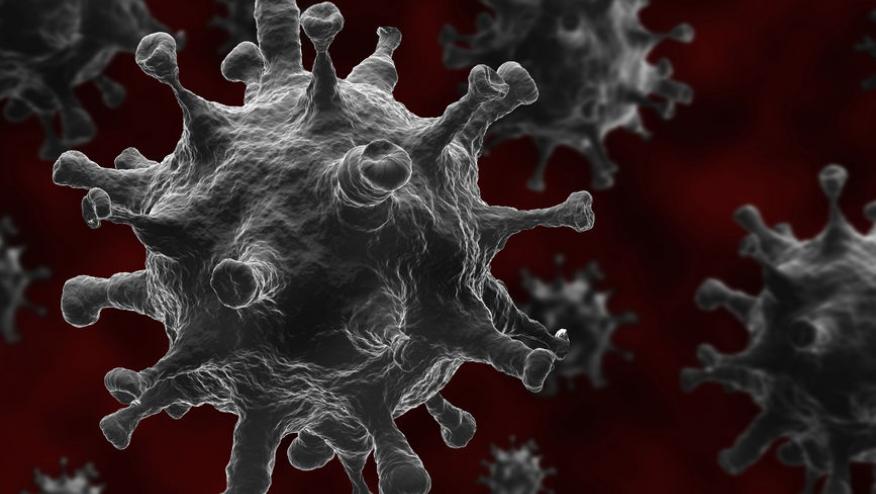COVID-19 and Long-Term Risk of Autoimmune and Autoinflammatory Disorders Save

A Korean population based study found that people infected with COVID-19, especially severe COVID-19, had an increased risk of autoimmune and autoinflammatory connective tissue disorders.
While several observational studies have suggested an association between COVID-19 and future rheumatic disorders, these are often limited by size and follow-up duration.
This retrospective, nationwide, population-based, cohort study included 6,912,427 participants. Including 3,145,388 with unvaccinated/Delta variant COVID-19, and 3 767 039 controls observed for > 6 months to ascertain the future risk of various autoimmune and autoinflammatory connective tissue disorders. Confirmed COVID-19 cases were from October 8, 2020, to December 31, 2022.
Among the 6.9 million participants (54% male; mean 54 years). After balancing the covariates between cohorts, the compared the 3.1 million COVID-19 exposed to the 3.7 million controls and found an increased in incident cases of :
- Alopecia areata (adj HR 1.11 [95% CI, 1.07-1.15])
- Alopecia totalis (aHR, 1.24 [95% CI, 1.09-1.42])
- Vitiligo (aHR, 1.11 [95% CI, 1.04-1.19])
- Behçet disease (aHR, 1.45 [95% CI, 1.20-1.74])
- Crohn disease (aHR, 1.35 [95% CI, 1.14-1.60])
- Ulcerative colitis (aHR, 1.15 [95% CI, 1.04-1.28])
- Rheumatoid arthritis (aHR, 1.09 [95% CI, 1.06-1.12])
- Systemic lupus erythematosus (aHR, 1.14 [95% CI, 1.01-1.28])
- Sjögren syndrome (aHR, 1.13 [95% CI, 1.03-1.25])
- Ankylosing spondylitis (aHR, 1.11 [95% CI, 1.02-1.20])
- Bullous pemphigoid (aHR, 1.62 [95% CI, 1.07-2.45])
Not increased were psoriasis, alopecia, sarcoid, scleroderma, dermato- and polymyositis.
They also found those with severe COVID-19 infection (requiring intensive care unit admission, the Delta period, and not being vaccinated) were associated with higher risk. Especially for alopecia areata, psoriasis, sarcoid, Crohns, UC, RA, SLE, scleroderma, Sjogrens and ankylosing spondylitis.
Whether these data will alter how we monitor or consider those with prior COVID-19 infection (to mitigate these risks) is unclear and unaddressed herein.










If you are a health practitioner, you may Login/Register to comment.
Due to the nature of these comment forums, only health practitioners are allowed to comment at this time.